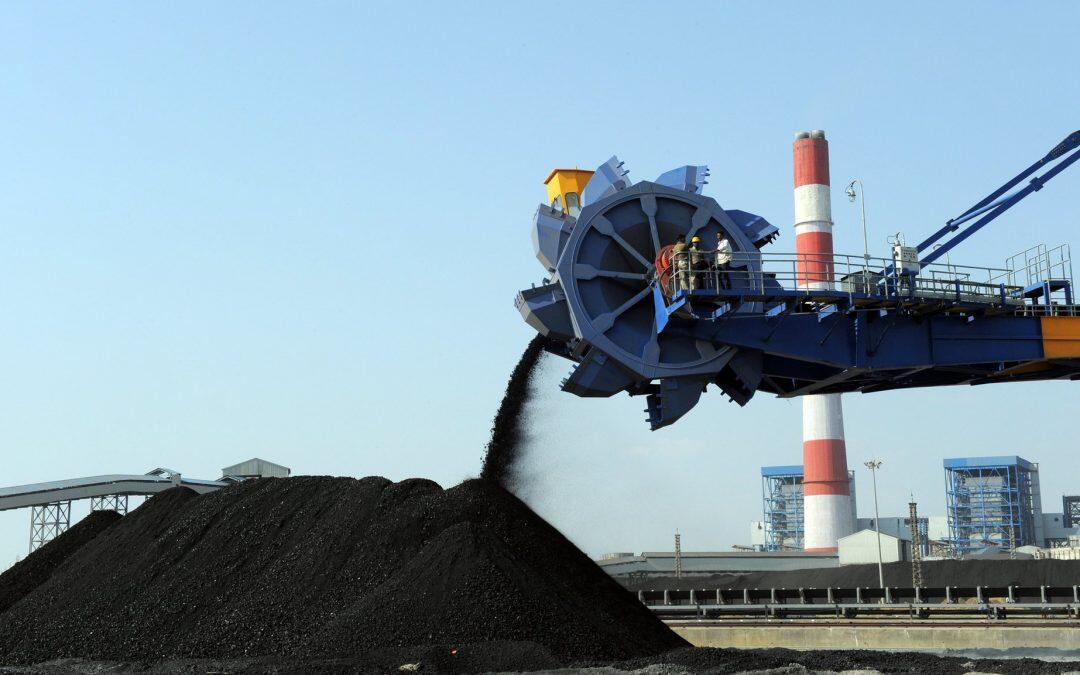The government is under increasing pressure to rule out public funding for Adani’s Carmichael coalmine, after the Senate passed a Greens motion calling on the Coalition to rule out financing the mine or any associated infrastructure.
The government did not oppose the motion, so it was carried without a formal count on Thursday.
Larissa Waters, the Australian Greens deputy leader and mining spokesperson, said: “Australia must not spend public money propping up a project that more than a dozen private banks have refused to finance, especially while this government is trying to cut $1bn from clean energy.”
The motion noted the ambitions set out in the Paris Agreement on climate change, the devastation wreaked on the Great Barrier Reef this year after 1C of global warming, and the fact 14 major international and domestic banks have ruled out financing the mine.
“The Senate calls on the federal government to rule out giving any public funding to the Adani coalmine or any associated infrastructure, including via the Northern Australia Infrastructure Facility,” the motion said.
The government has given mixed signals about whether the Adani mine, or associated infrastructure, could receive public funding through the NAIF.
During the election campaign in June Malcolm Turnbull told a Great Barrier Reef activist that there was “no public money for Adani” but his office later told New Matilda it was still possible the independent board overseeing the $5bn NAIF could grant Adani low-interest loans for the railway.
Any loan offered by NAIF could be blocked by the resources minister, Matt Canavan. When Josh Frydenberg was in the resources portfolio, he said the facility was likely to be used to support the rail project needed for the Adani mine.
It is not yet known whether Adani has applied for a loan through the $5bn loan facility.
“The prime minister must now instruct his ministers that the NAIF must not be used to facilitate the Adani coal mine or its infrastructure,” Waters said.
Tim Buckley, a financial analyst at the pro-renewables Institute for EnergyEconomics & Financial Analysis said the project was commercially unviable and would need government support to go ahead.
“This project absolutely needs a government or taxpayer underwriting of the financial risk before any sensible global financial organisation is going to go anywhere near it,” he said.
“The 35% rally in the thermal coal price over the last six months is giving coal proponents hope that that thermal coal is cyclical rather than structurally challenged,” Buckley said.
But Buckley said the mine, if developed, would become a stranded asset, since the export market is disappearing.
“To me, the key issue is still that India’s energy minister is continually calling forIndia to cease thermal coal imports this decade,” Buckley said
He said the poor quality coal in Queensland’s Galilee Basin, which was low-energy and high-ash, was particularly hard to make money from.
Source: The Guardian
Author: Michael Slezak











